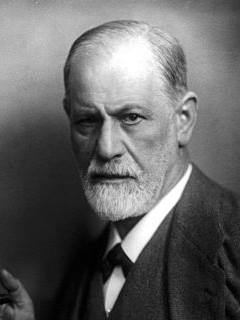
Publication details
Publisher: Palgrave Macmillan
Place: Basingstoke
Year: 1991
Pages: 27-50
Series: Communications and Culture
ISBN (Hardback): 9780333461044
Full citation:
, "The Oedipus myth", in: Psychoanalysis and cultural theory, Basingstoke, Palgrave Macmillan, 1991


The Oedipus myth
beyond the riddles of the sphinx
pp. 27-50
in: James Donald (ed), Psychoanalysis and cultural theory, Basingstoke, Palgrave Macmillan, 1991Abstract
Riddles of the Sphinx was made in 1976–7. The film used the Sphinx as an emblem through which to hang a question mark over the Oedipus complex, to investigate the extent to which it represents a riddle for women committed to Freudian theory but still determined to think about psychoanalysis radically or with poetic licence. Riddles of the Sphinx and Penthesilea, my previous film with Peter Wollen, used ancient Greece to invoke a mythic point of origin for Western civilisation, that had been reiterated by high culture throughout our history. Both the history of the Oedipus Complex and the history of antiquity suggest a movement from an earlier "maternal" stage to a later "paternal" or "patriarchal" order. For me, as someone whose interest in psychoanalytic theory was a direct off-shoot of fascination with the origins of women's oppression, this dual temporality was exciting. Perhaps there was an original moment in the chronology of our civilisation that was repeated in the chronology of each individual consciousness. Leaving aside the temptation to make speculative connections and an analogy between the earlier culture of mother goddesses and the pre-Oedipal, the idea of a founding moment of civilisation, repeated in consciousness, suggested that it might be possible to modify or change the terms on which civilisation is founded within the psyche and thus challenge the origins of patriarchal power through psychoanalytic politics and theory.
Cited authors
Publication details
Publisher: Palgrave Macmillan
Place: Basingstoke
Year: 1991
Pages: 27-50
Series: Communications and Culture
ISBN (Hardback): 9780333461044
Full citation:
, "The Oedipus myth", in: Psychoanalysis and cultural theory, Basingstoke, Palgrave Macmillan, 1991

